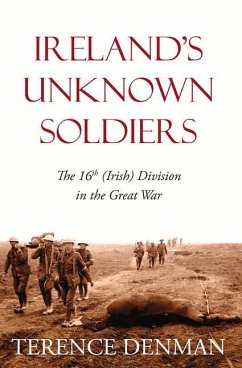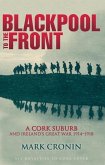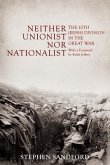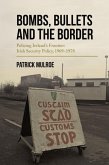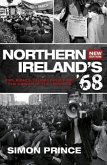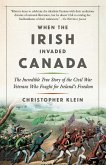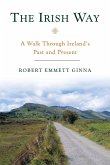This pioneering study, originally published in 1992, remains the definitive history of the 16th (Irish) Division in the First World War. This year, the centenary of the outbreak of the war, sees its timely re-issue as the Irishmen who fought in that war re-enter the national memory after decades of indifference and hostility. Nearly 135,000 Irishmen volunteered and no less than three Irish divisions - the 10th (Irish), 16th (Irish) and 36th (Ulster) - were formed from Irishmen, Catholic and Protestant, who responded to Lord Kitchener's call to arms. An estimated 35,000 Irish-born soldiers were killed before the armistice came in November 1918. Over 4,000 of those died with the 16th (Irish) Division. In Ireland's Unknown Soldiers Terence Denman tells the powerful story of the Irish Division whose largely Catholic, nationalist composition encapsulated the complexities that surrounded Irish involvement in First World War. Denman recalls the sombre, compelling story of the lesser-known 16th (Irish) Division on the Western Front: gassed at Hulluch, victorious at Ginchy and Guillemont, the Division suffered heavy casualties in the carnage at the Somme, Messines Ridge and Passchendaele, before its final destruction in March 1918. Denman brings to life the extraordinary resilience and camaraderie of the men in the trenches and the tragedy of the thousands who made the ultimate sacrifice. This was the last chapter in the long history of the Catholic Irish soldier's contribution to the British army.

